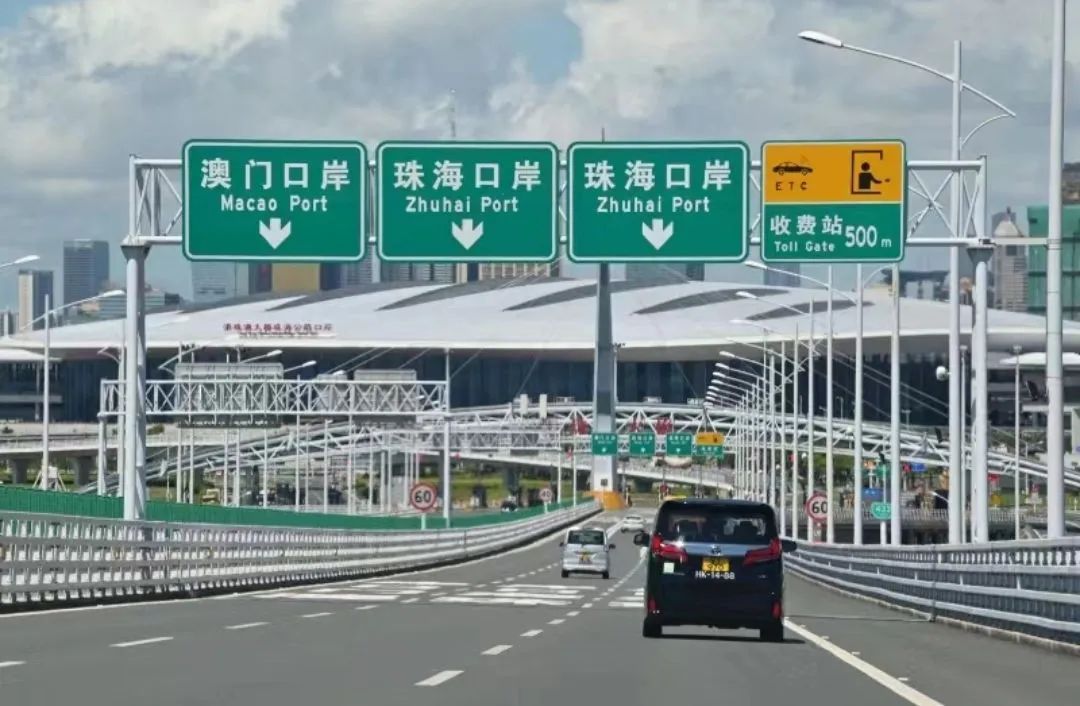Central Bank requires reporting cash purchases of gold exceeding 100,000 yuan
Starting Aug. 1, individuals and entities engaged in the precious metals and gemstones industry are required to conduct customer due diligence based on the customer's profile, transaction nature, and associated money laundering risks when a customer makes a single cash transaction or accumulates daily cash transactions totaling 100,000 yuan (US$14,000) or more.
The new regulation, issued by the People's Bank of China (Central bank), mandates that practitioners handling cash transactions of 100,000 yuan—or its equivalent in foreign currency—for gold and other precious metals must fulfill anti-money laundering obligations.
Furthermore, for cash transactions reaching or exceeding this threshold, practitioners must submit a large-amount transaction report to the China Anti-Money Laundering Monitoring and Analysis Center within five working days of the transaction date.
This measure aims to strengthen oversight of cash transactions in the precious metals and gemstones sector, enhance financial transparency, and combat illicit activities. The new rules will take effect on Aug. 1, 2025.
Guangdong vehicles can enter Hong Kong in November
Drivers from Guangdong Province will be able to apply to drive to Hong Kong in November, Hong Kong's transport chief Mabel Chan announced July 2.

A Hong Kong vehicle enters the Chinese mainland via the Hong Kong-Zhuhai-Macao Bridge. Photo from Shenzhen Special Zone Daily
It will mark the official launch of the highly anticipated Southbound Travel for Guangdong Vehicles Scheme. In its initial phase, 100 vehicles will be allowed to access Hong Kong's urban areas daily. The scheme aims to cater to Guangdong tourists, meet the public's strong demand for two-way travel, and bring new visitor segments to Hong Kong.
Interns, summer workers eligible for special employee work injury insurance
Interns and university students taking up summer jobs can be covered under a special employee work injury insurance designed for specific groups in Shenzhen, according to the Shenzhen Municipal Insurance Fund Management Bureau.
The bureau explained that full-time undergraduate and graduate students are still classified as enrolled students rather than employees. Since internship or summer work periods do not establish a formal labor relationship between students and employers, these students are not the typical participants of the general social insurance programs.
However, to further protect the rights of these specific groups, Guangdong Province regulations allow employers to purchase special employee work injury insurance for interns and summer workers. This coverage ensures that students who suffer work-related injuries during their internships can receive work injury insurance benefits. General social insurance participation is required only after graduation upon formal employment, while during internships or summer jobs, students may be insured under this special work injury insurance plan.
Interns do not need to apply themselves. Employers can complete the registration for work injury insurance participation through the Shenzhen Social Insurance Fund Management Bureau's official online service platform https://sipub.sz.gov.cn/hsoms, or visit the nearest social insurance service office.
Importantly, registering for the special employee work injury insurance does not affect a student's fresh graduate status. If an internship employer mistakenly registers a student as a regular employee and pays social insurance contributions on their behalf, both the employer and the student can submit a formal request for refund to the tax authorities. This requires submission of documentation such as proof of current enrollment, personal identification, and the internship agreement.
Source | EyeShenzhen






